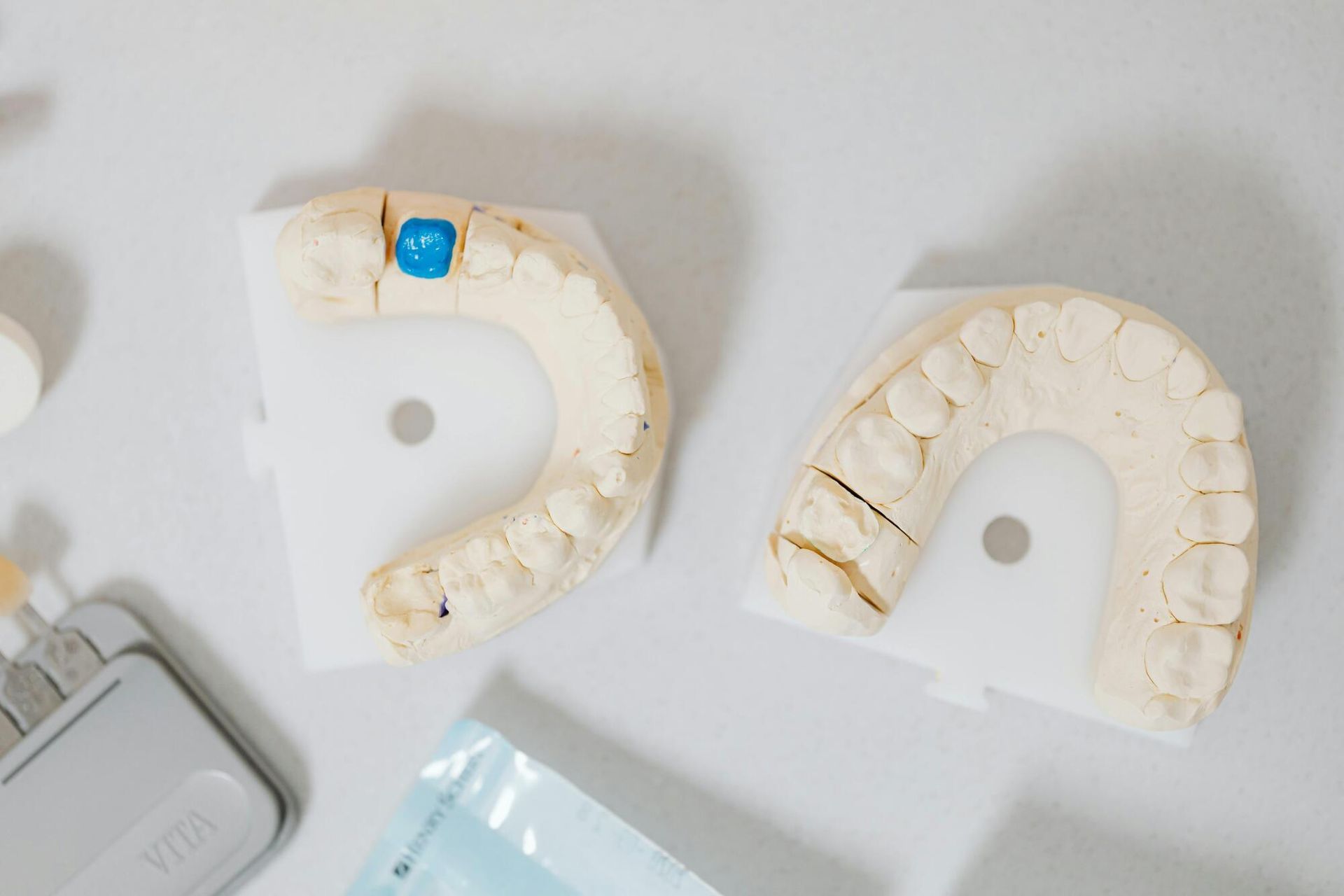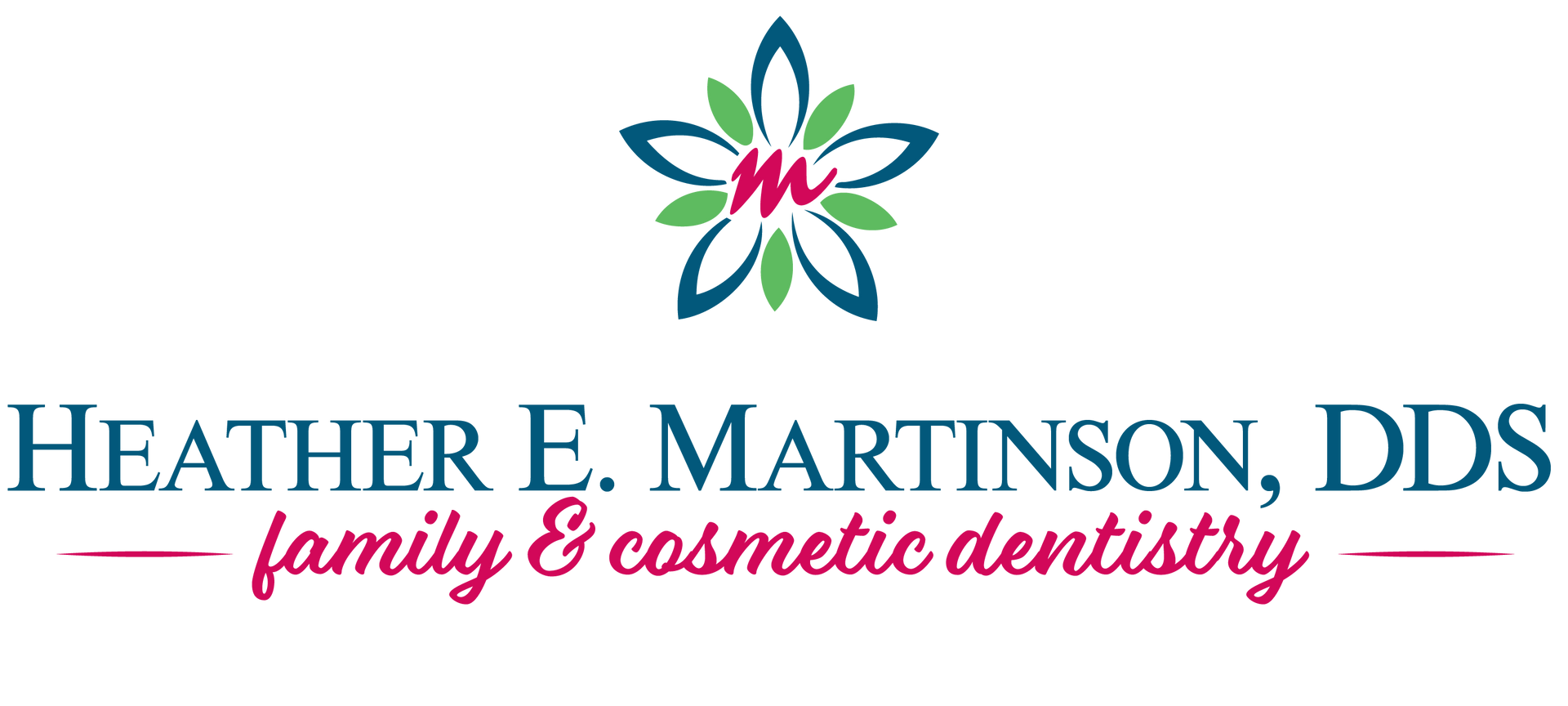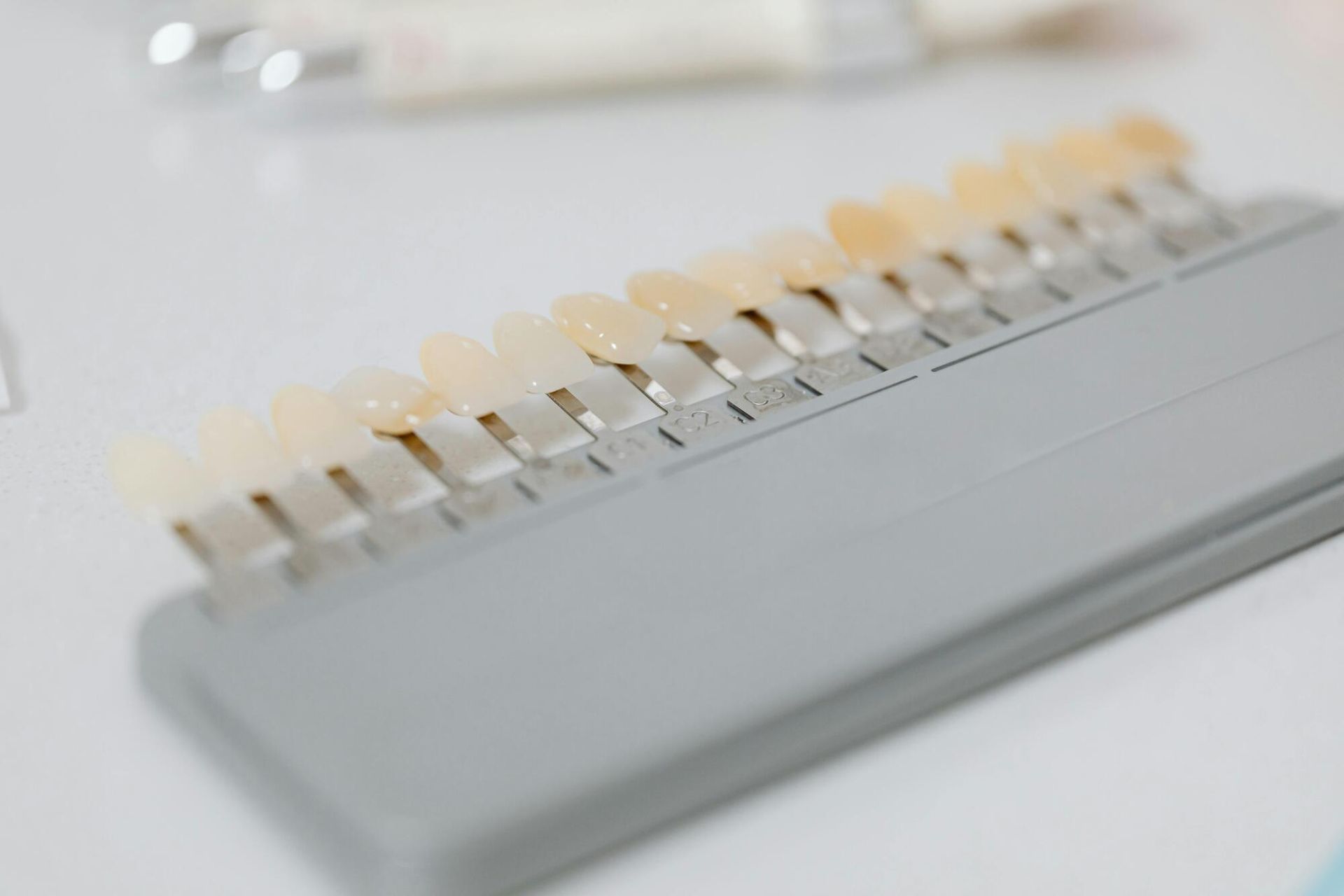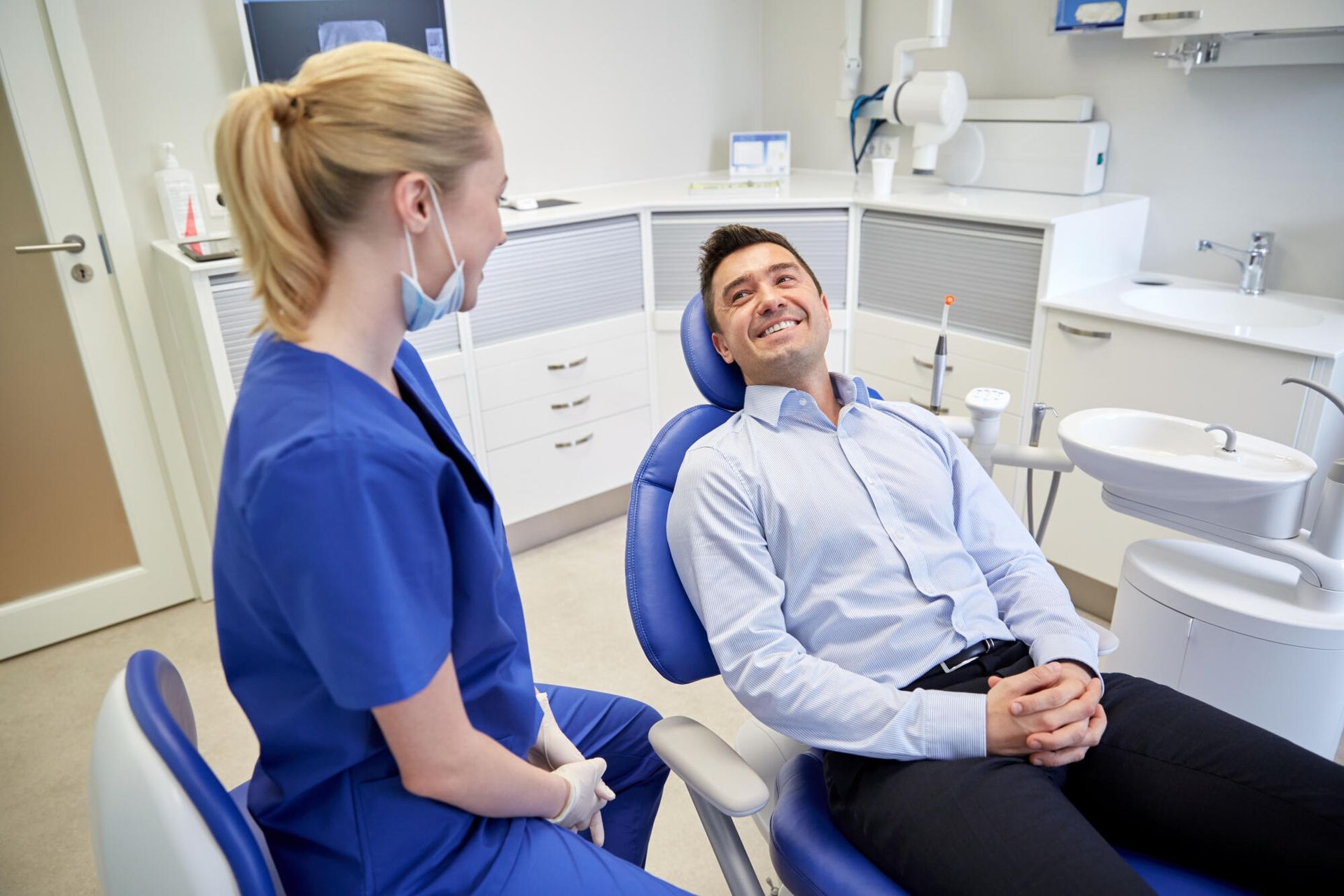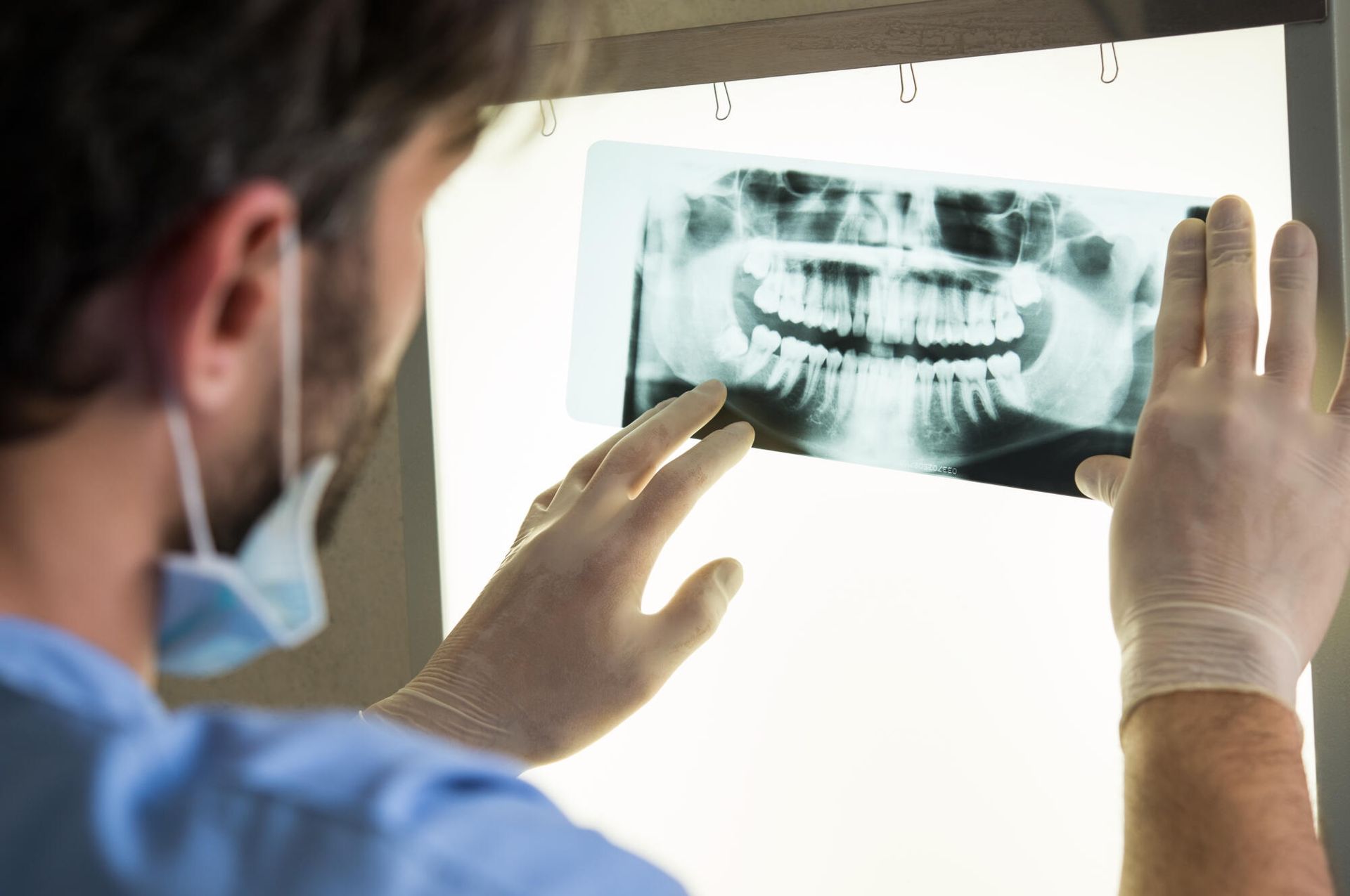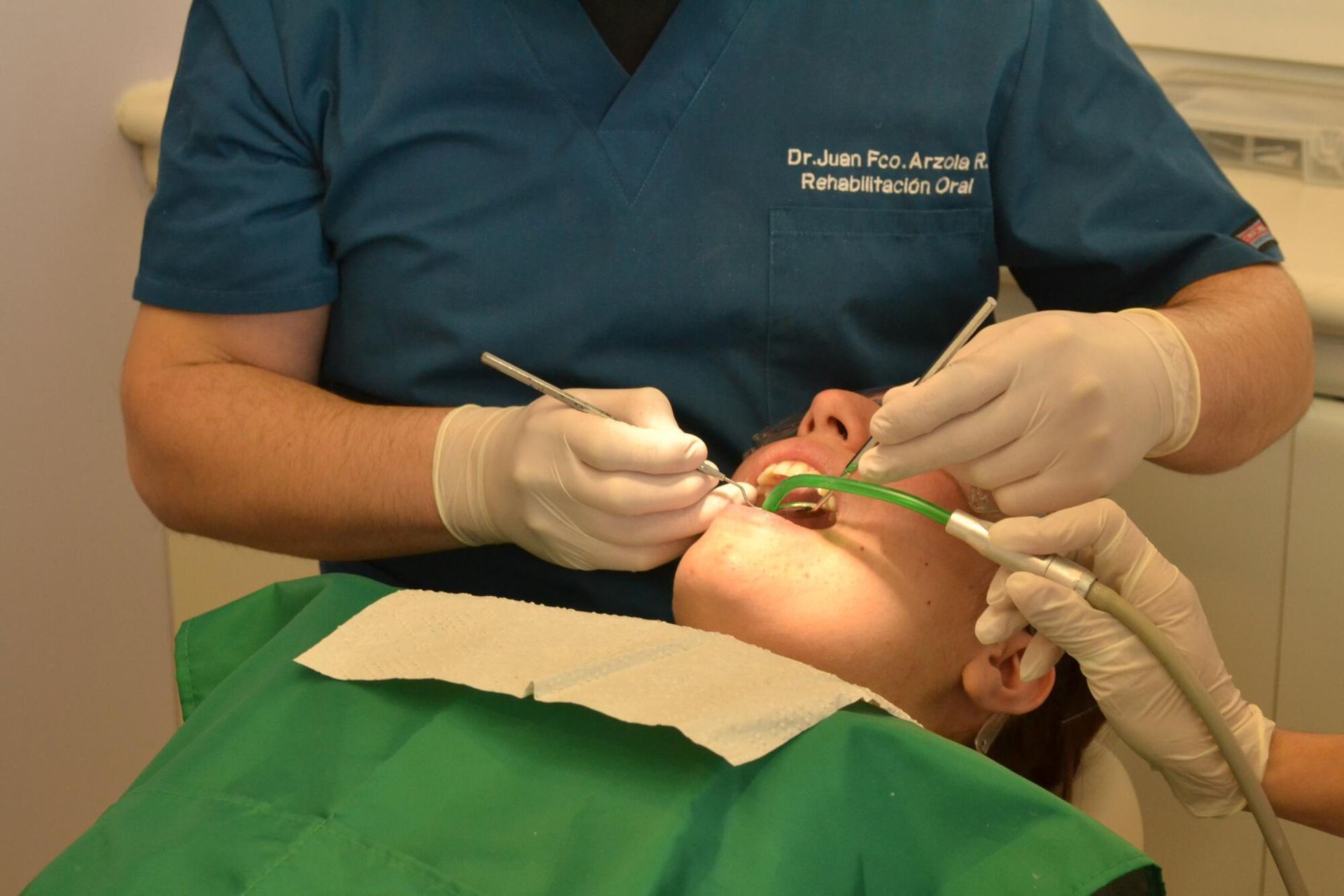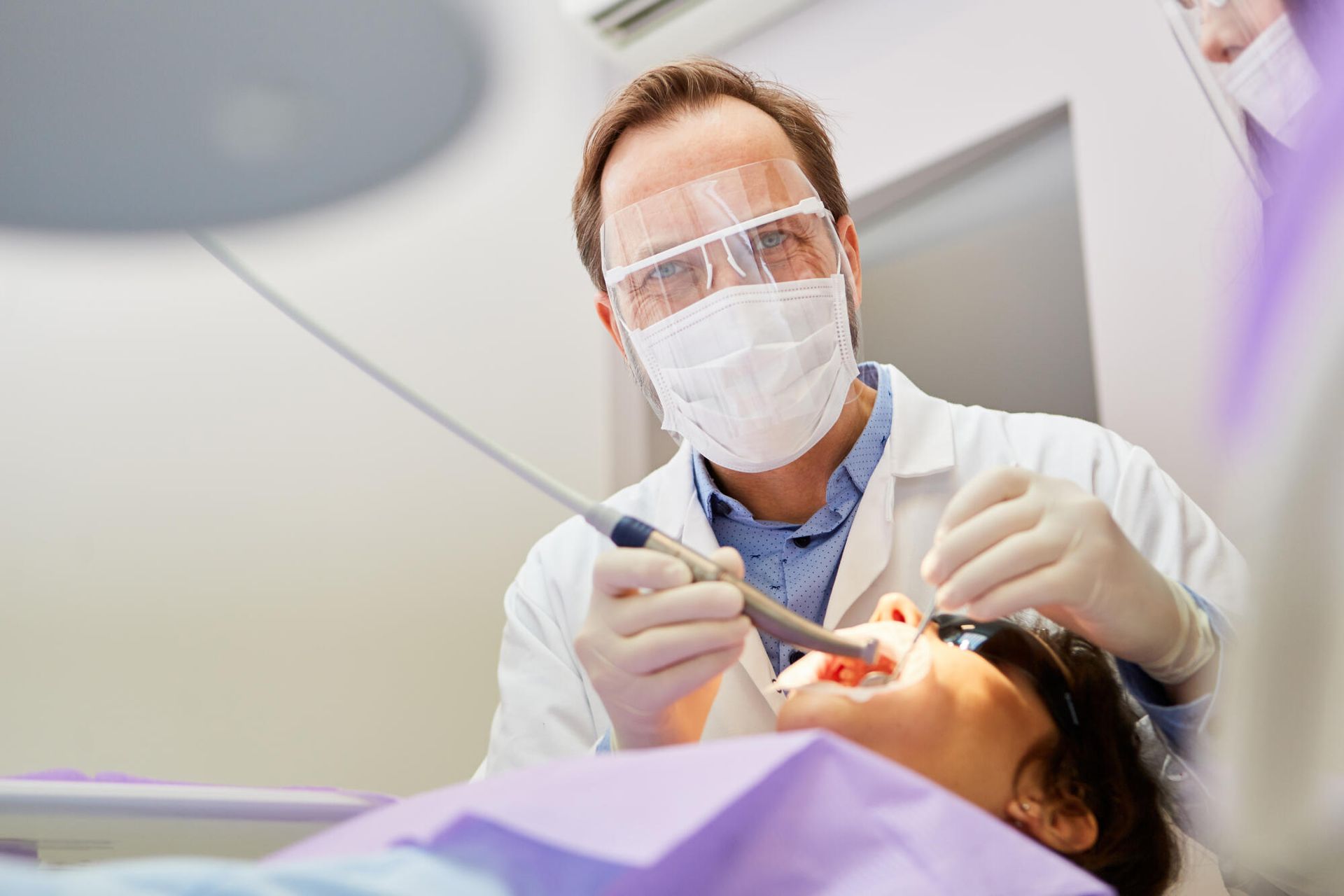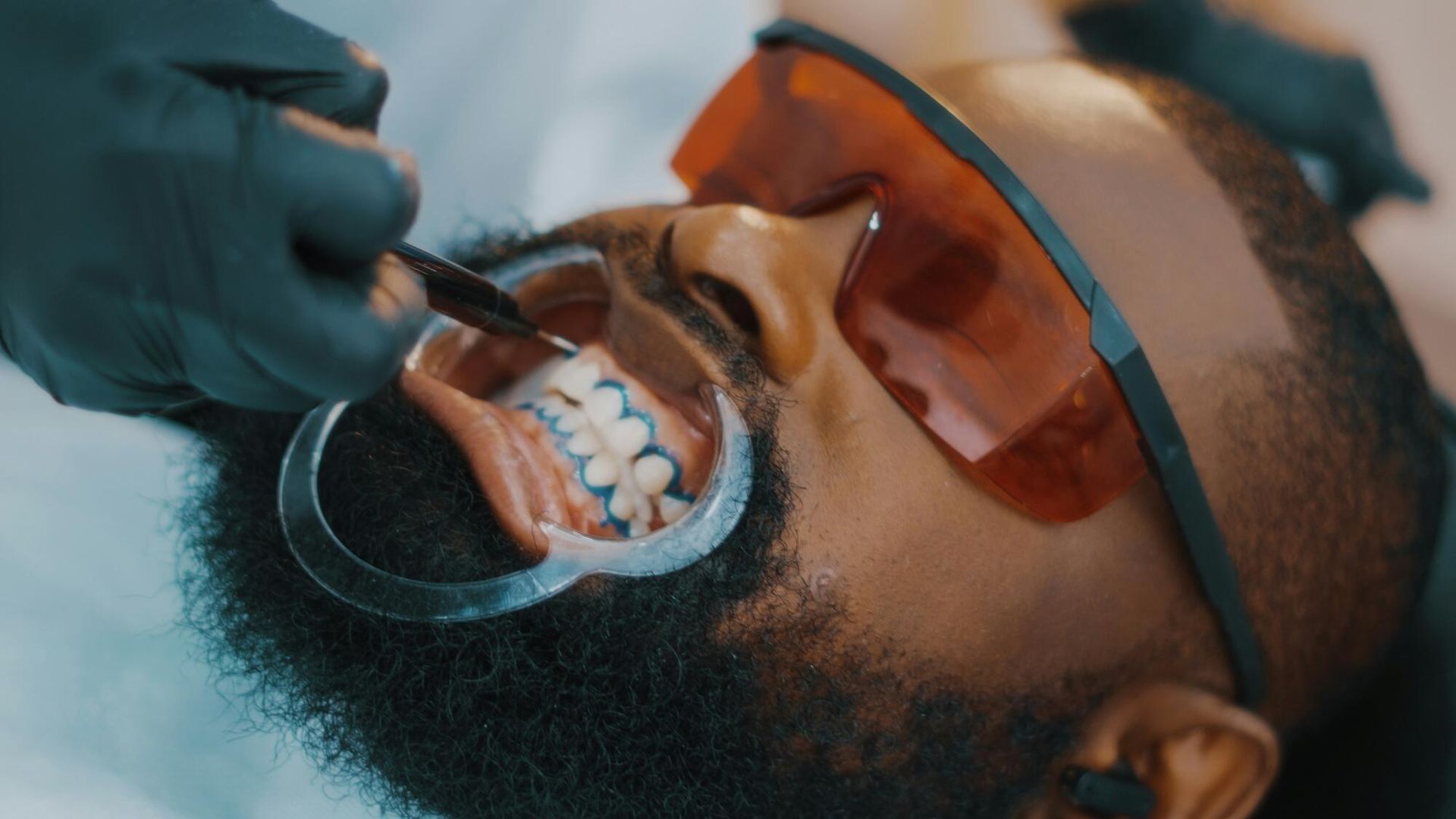The Complete Guide to Sedation Dentistry: Everything to Know
If you are considering sedation dentistry for an upcoming procedure, this guide can help. Here is everything you need to know about sedation dentistry.
About 36% of the population in the United States is scared of dentists.
If you're part of that population, you might be a good sedation dentistry candidate.
But what is sedation dentistry, and is it safe? Keep reading to find out all you need to know about how sedation dentistry can be used for improving your dental health!
What Is Sedation Dentistry?
Dental sedation is sometimes referred to as "sleep dentistry" as well. This is where the dentist will use one of the available types of sedation to put the patient to sleep for a procedure.
However, it can also be dentistry that just makes the patients more comfortable and calm so that they're not anxious during the procedure.
One example of sedation dentistry is laughing gas. This is also known as nitrous oxide, and it can make a patient feel relaxed while a dentist performs procedures like replacing crowns or giving root canals.
How Does It Work?
There are different methods for each type of dental sedation, and your dentist will determine which option is best suited for your procedure. These factors might include things like the type of procedure being performed.
For example, if you're having a major surgery like wisdom teeth removal, then you might need general anesthesia. It will also depend on how anxious you are about dental procedures and the length of the procedure.
Types of Sedation Dentistry
With sedation dentistry, there are different types of sedation that you might experience. These include:
- Oral sedation
- Inhaled sedation
- IV sedation
- General anesthesia
Oral sedation can vary from minimal to moderate, but it depends on the procedure and the dosage. For minimal sedation, you'll likely just take a pill.
Halcion and Valium are the most common sedatives, and you'll take them about an hour before your procedure. The pill will make you feel tired and relaxed, but you'll still be awake.
If you need moderate sedation, then you may have a stronger pill. You'll feel groggy, and you'll be able to fall asleep during the procedure. However, you can be woken up with just a gentle nudge.
With inhaled sedation, you'll likely get nitrous oxide or laughing gas. You'll have a mask put over your mouth and nose, and the gas will help you relax. The dentist can control how much sedation you receive.
This is minimal sedation, and you'll still be able to drive yourself home when the procedure is done.
With IV sedation, you'll have a needle inserted into your vein. This is the fastest-acting sedation, and the dentist will still be able to control how much sedation you receive.
With general anesthesia, you'll actually be put to sleep. This is the heaviest form of sedation, and you will be completely unaware of what's happening during the procedure.
This sedation is reserved for serious procedures, like surgery or bone grafting, and is not very common. If you're going under general anesthesia, you'll also need to have an anesthesiologist present to monitor your vitals.
Who Might Need Dental Sedation?
People of all ages could require dental sedation, even children. Dentists recommend sedation dentistry for people who might experience dental anxiety or phobias of the dentist.
It could also be used for someone who has a fear of needles or claustrophobia. Or for people who have really sensitive teeth so that they won't feel as much pain during the procedure.
You might also need dental sedation if you have special needs, whether they're behavioral, cognitive, or physical.
Some people also have a decreased sensitivity to local anesthesia, which requires the need for extra anesthesia or sedation.
Benefits of Dental Sedation
When going to a sedation dentist in Arlington TX, you'll experience one of the major benefits, which is overcoming your fear of dental health care. You'll actually be able to receive the care that you need.
It can also be beneficial for people who don't have a fear of the dentist. For example, if you have a lot of work that needs to be done and you don't want to be uncomfortable, you can have mild sedation. If you struggle to sit still for too long, this can help with the long procedure as well.
Is It Safe?
There is always a risk associated with anesthesia treatments, and your dentist should let you know of these risks upfront. However, in general, it's a safe procedure, especially if you have an experienced dentist.
There are some people who are at higher risk of anesthesia, including people who have severe sleep apnea or obesity. However, if you talk with your dentist before the sedation, you can be properly informed of your choices.
When choosing a sedation dentist, you should thoroughly vet and trust them. Before the procedure, go over your medical history with the doctor and disclose anything that might affect the sedation. The dentist should ask you about any medication you're taking at the moment.
You should also receive a form from the dentist outlining some of the risks of the procedure. Review this document carefully, and ask the dentist any questions that you might have.
You should also ask what type of sedative you'll be receiving. This may vary depending on the procedure you're undergoing, along with your age and current health. When you find out what type of sedation you'll get, ask if the dosage is recommended by the FDA.
Lastly, the dentist should also monitor your vital signs during the procedure. The American Dental Association has guidelines about this, and this means ensuring that the dentist will have oxygen and drugs to reverse the sedation in case you need it.
Learn More About Sedation Dentistry
These are only a few important things to know about sedation dentistry, but if you have more questions, talk to your dentist.
You should choose a dentist that you feel comfortable with and that you trust.
If you're looking for the right sedation dentist,
reach out to us today, and we can schedule an appointment with you!
Dr. Heather E. Martinson
